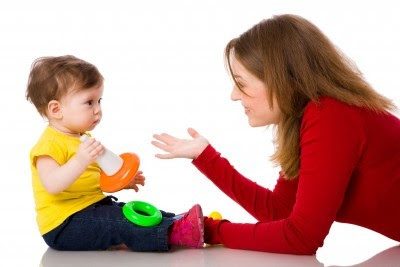HAPPY LESSONS 3: TALKING TO LEARN OR LEARNING TO TALK
TALKING
TO LEARN OR LEARNING TO TALK? DEVELOPING GOOD ORACY SKILLS
Hi All
I am sorry I am posting a little late this week but a combination of things left me feeling exhausted and not able to give it my full focus until now.
Exciting News
I have now had over 800 views and am collecting readers from all over the world, which I am finding very exciting. I am also loving the opportunity to keep teaching even if it is now from my sofa or even propped up in bed 😁 So I hope you all enjoy this week's blog!
Talking to learn
or learning to talk?
The question of whether we talk to learn or learn to
talk has been hotly debated by educationalists.
However I have found the reality is that both are true and it is vitally
important to be able to express our feelings, thoughts and needs through talk
if we want to be happy and successful.
Preparing for
School and Life
Ideally by the time your child starts in a Reception
Class they would be able to use talk to initiate and develop play, to express
their needs and desires and to share their ideas and what is important to them.
A child with well-developed Oracy skills will often develop into a more
confident individual. As teachers we notice these children will be able to
utilise story language in their role-play and to use talk to negotiate with
both their peers and adults. However nowadays, many children arrive in Nursery
and Reception settings unable to do this and some are even unable to express their
basic needs through talk; which makes settling into a new environment much more
difficult for them
Why are many
children less able to express themselves?
As educationalists we recognise the many demands on
parents’ time in today’s challenging society is a major contributory factor to
the underdevelopment of good oracy skills. Whether it be the difficulties of
juggling everything single handed, faced by many single parent families or the
need for both parents to work in the majority of modern 2-parent families, the
reality is that spending quality time talking with our children can now feel
like a luxury.
Therefore lots of very young children spend many hours
of their day, in day-care settings or being cared for by grandparents who may
find their constant demands quite tiring. These carers are often faced by
multiple demands and may have little time for 1:1 conversations. This combined
with the modern day temptations of various types of ‘screen time’, result in today’s
children experiencing much less personal conversation with the adults around
them. It is these 1:1 conversations that
are vital in developing all areas of emotional intelligence.
How can parents
help develop Oracy skills?
These obstacles are not insurmountable but do require
some creative planning. When parents or carers are able to spend time with
their child they need to build these opportunities into their everyday busy
schedules. It is never too early to start to develop these speaking and
listening skills. Obviously a baby cannot talk back at first, but like
everything else they learn, they learn it through you modelling it. It is sometimes
easier to imagine you are the narrator of your own life story and when you are
with your child simply tell them what you are doing, seeing and feeling.
Example
“Hi darling, let’s get you up and washed
and then we can have breakfast together. I fancy egg on toast and I have some
lovely mashed banana for you, and then maybe we can go for a walk to the
shops.”
At some stage your child will start to babble back, if
they do, pause the narrative to enable them to contribute. This is to help your
child understand that we take turns in talking. At first you do not have to do
anything different; just keep narrating as you go. If your child’s speech is
unclear or mixed up, do not worry or tell them they are saying it wrong. This
may affect their self-esteem and they may then become quiet and withdrawn.
Instead, just repeat it back to them correctly and in time they will naturally
get it right.
Example
Child says, “Look a red car big”
Adult replies, “yes that is a big red car”
As your child’s Oracy skills develop, encourage them
to ask and answer questions and later on to explain their thoughts more fully e.g. Teddy
is my favourite toy, because he is soft and warm. The most successful way to encourage your children to ask and answer questions is through being a good role model. By
asking your child questions about themselves and what they are doing, and
answering their questions of you, you will help both develop their oracy and self-esteem.
Many opportunities for this can be found during every day activities. When
out walking or driving ask your child to describe what they see or hear in the world
around them or to tell you what they find exciting or interesting on their
journey or maybe just start each evening meal time by asking them - what was
fun today? Just keep talking to and with your child and their confidence and
speech will develop rapidly.
The key point is to create a happy, language rich
environment/relationship with your child. If you help them develop these vital early
skills, they will continually benefit from being able to express their needs
and desires and to share their thoughts and feelings with others. In turn they
will become more confident and capable individuals.
In a
later blog on Literacy Skills I will describe in more detail how to continue to
develop your child’s speaking and listening skills.
Take Care, Rebecca
Next week - Developing Social Skills




Comments
Post a Comment